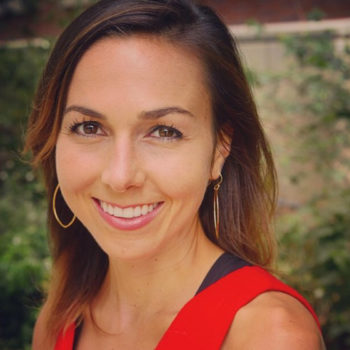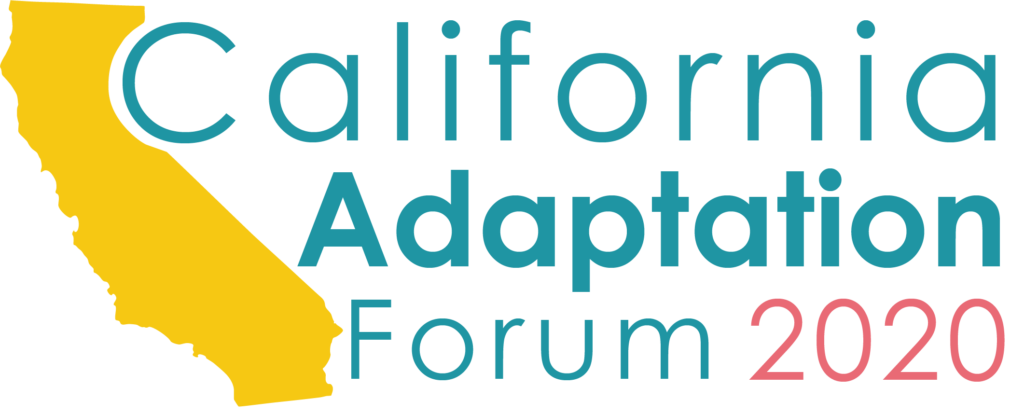In November, I traveled to Bonn to represent the Los Angeles Regional Collaborative for Climate Action and Sustainability (LARC) at the United Nations climate negotiations “COP 23”. To provide context, these annual COP conferences are where leaders discuss how each nation and its citizens will work to reduce greenhouse gas emissions and slow the effects of climate change. This year’s goal was to further clarify the frameworks in the Paris Agreement.
The question on everyone’s mind was: What is the impact of the Trump Administration on all of this? I can tell you from personal experience that the U.S. Government’s role at COP 23 was drastically different from its involvement in COP 22. When I attended COP 22 in Marrakech last year, I saw the U.S. in an active leadership role advocating for lowering carbon emissions both at home and in other high-emitting countries. Secretary of State John Kerry delivered remarks at the event – for which he received a standing ovation – criticizing climate deniers and calling for quick and meaningful action.
Fast-forward to 2017 where the official U.S. delegation at COP 23 kept a very low profile by meeting behind closed doors and not bringing any major political leaders to the event. This followed President Trump’s public announcement that the U.S. would pull out of the Paris Agreement entirely. With the U.S. delegation not only keeping a low profile, but also supporting further fossil fuel use – a proposal that was met with protests and walkouts – vocal and active sub-national entities took the spotlight.
I was fortunate enough to be one of the attendees bringing the message that states, regions and cities within the U.S. still intend to move forward, along with the international community, to aggressively pursue climate goals. The U.S. Climate Action Center, situated prominently between the other main conference buildings in Bonn, served as the hub of action for the committed sub-national entities. California, New York and many others participated in activities at this site. The U.S. Climate Action Center sponsor, the “We Are Still In” network, has an impressive 2,500 signatories to date.
As a participant and speaker at COP 23, I found it hard not to end up in a room with Governor Brown or my other California colleagues. They gave speeches at official conference sessions and at unofficial gatherings such as dinners, cocktail events, etc. It was clear that Californians had a lot to say and that other states and nations were eager to hear it.
I delivered two talks at COP 23 – about the power of regional networks in making tangible gains towards reducing greenhouse gas emissions about adapting communities to climate change. Specifically, I explained the ways that collaboratives can fill gaps within regions and how they can work together on a broader scale. In 2016, LARC completed its “A Greater LA: Climate Action Framework” (the “Framework”), developed with funding from the California Strategic Growth Council, and this drives the work that we do with our partners in Los Angeles County. The Framework lays out priority goals, strategies and actions in each of the following sectors: Energy; Transportation & Land Use; Water; Public Health and Ocean & Coastal Resources. The idea is to fill gaps as we work to reduce carbon emissions and build resilience throughout Los Angeles County.
My first talk was entitled, “International Urban Cooperation: fostering sustainable urban development on a global scale”, and brought together representatives from city-to-city networks across the world. The second talk was entitled, “Climate Adaptation and Hazard Mitigation: Resilient Mediterranean Cities and Forests”, and featured the California Governor’s Office, The Nature Conservancy, The Jewish National Fund, Canberra Urban and Regional Futures and the Israel Ministry of Environmental Protection. LARC Leadership Council member Jonathan Parfrey also spoke at “California’s Climate Regulatory Program: Recent Progress Informs Opportunities and Challenges” with representatives from Point Blue Conservation Science, the United Nations and The Nature Conservancy.
Although participating in the official talks was engaging and I gained valuable insights from my fellow presenters, a lot of the important connections came together through networking. This happened between sessions in the hallways at the event, on train rides or during lunch. I connected with sustainability consultants from Colorado, environmental leaders from Washington D.C., party negotiators from the Democratic Republic of the Congo, sustainable industry representatives from China, and even Governor Brown himself. I advise anyone attending a future COP conference to spend a lot of time meeting the other attendees while walking between sessions or outside of the official event – You never know who you are going to meet!
The experience of traveling to Bonn for COP 23 confirmed the leading role of sub-national groups in creating resilient communities across the world. It provided a lesson about the importance of networks and underscored the urgency of the work that we do on a daily basis at LARC with 10.2 million people in Los Angeles County as well as with the Alliance of Regional Collaboratives for Climate Adaptation (ARCCA). I know that, even under future presidential administrations, the role of these groups will remain strong both nationally and internationally. The U.S. Climate Action Center demonstrated that these groups are here to stay. They are not a replacement for leadership at the national level. Instead, they are partners in creating the climate-resilient world that we all want to see. I encourage you to seek out your regional collaborative for more resources or engage with ARCCA if you would like to start a collaborative from the ground up.
 |
Laurel Hunt is the Executive Director of the Los Angeles Regional Collaborative for Climate Action and Sustainability (LARC), which is housed at the UCLA Institute of the Environment and Sustainability. LARC is a membership organization composed of local and regional decision-makers in Los Angeles County working to prepare the region for the impacts of climate change. LARC is ensuring that Los Angeles can transition to a resilient, healthy, carbon-free, and thriving metropolis for the next century and beyond using the “A Greater LA: Climate Action Framework”. Laurel also represents LARC to the Alliance of Regional Collaboratives for Climate Adaptation (ARCCA). Prior to joining LARC, Laurel served as the Director of the Mediterranean City Climate Change Consortium (MC-4), a city-based network of over 100 international partners. She has worked in the nonprofit sector in Los Angeles and for both the U.S. House of Representatives and the Center for American Progress in Washington D.C. Laurel received her graduate degree in Urban and Regional Planning from UCLA.
|

